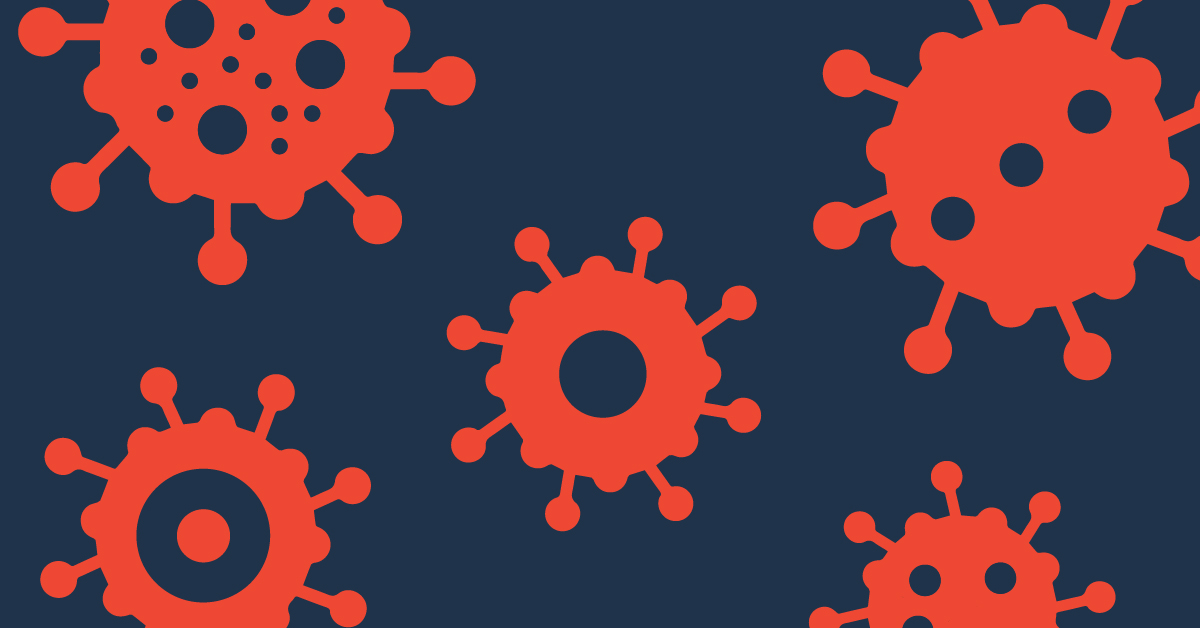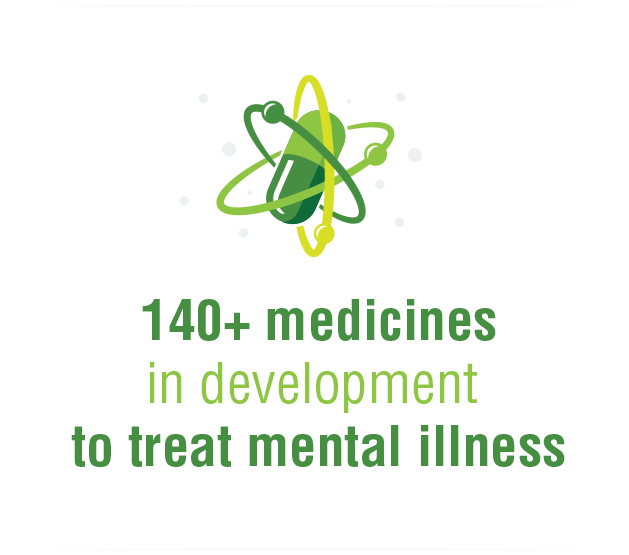
On the Cusp of A New Era In Mental Health Care

People often ask me why I chose to become a psychiatrist. As children, when you see doctors portrayed on TV they’re usually wielding scalpels and sutures, not asking patients to describe changes in their mood. But as a medical student, as soon as I saw the way that diseases like depression, schizophrenia and bipolar disorder could grip and suddenly derail lives, I knew I had found my calling.
In the time since my medical school training, we’ve made great progress toward better recognizing psychiatric illnesses and encouraging people who are experiencing mental health problems to seek help. Despite that progress, far too many people still suffer with mental illness in silence, while too many others seek treatment only to find insufficient remedies. Given that mental illnesses, especially depression, are highly personal diseases that impact each person differently, as an industry, our ongoing challenge is to develop treatment options as unique as the individual.
The brain is notoriously difficult to study. Whereas in other areas of biology, blood samples and biopsies can illuminate how and why diseases develop and advance, brain chemistry is highly challenging to study in its live state. This has often left us unclear about where and what to target with drug candidates. Thankfully, radical advancements in technology and in our understanding of human genetics have set us on the course of designing research initiatives like this one that would have seemed unimaginable only two decades ago.
Over the coming years, Lundbeck, 23andMe and the Milken Institute will take on an unprecedented study that marries the unique strengths of our organizations. 23andMe will employ their massive reach and genetic profiling capabilities to recruit 25,000 individuals —15,000 with Major Depressive Disorder (MDD) and 10,000 with bipolar depression — who for nine consecutive months will complete an online survey to track changes in their mood, as well as an online test to track changes in their brain function. With that extensive data set, Lundbeck will then be able to correlate and analyze the relationship between genes, symptoms, and brain function on a scale that’s never been possible, with the eventual aim of developing more effective drugs that target specific types of depression.

PhRMA COVID-19 Treatment Progress
Thinking back to those medical school days and the decision to become a psychiatrist, I am proud of the number of patients who’ve been helped by medical innovation, yet eager for what’s on the horizon for so many more. With investments in partnerships like these, we are firmly on the cusp of a new era in mental health care.


Ready to Get Involved?
Make your voice heard to protect innovation.